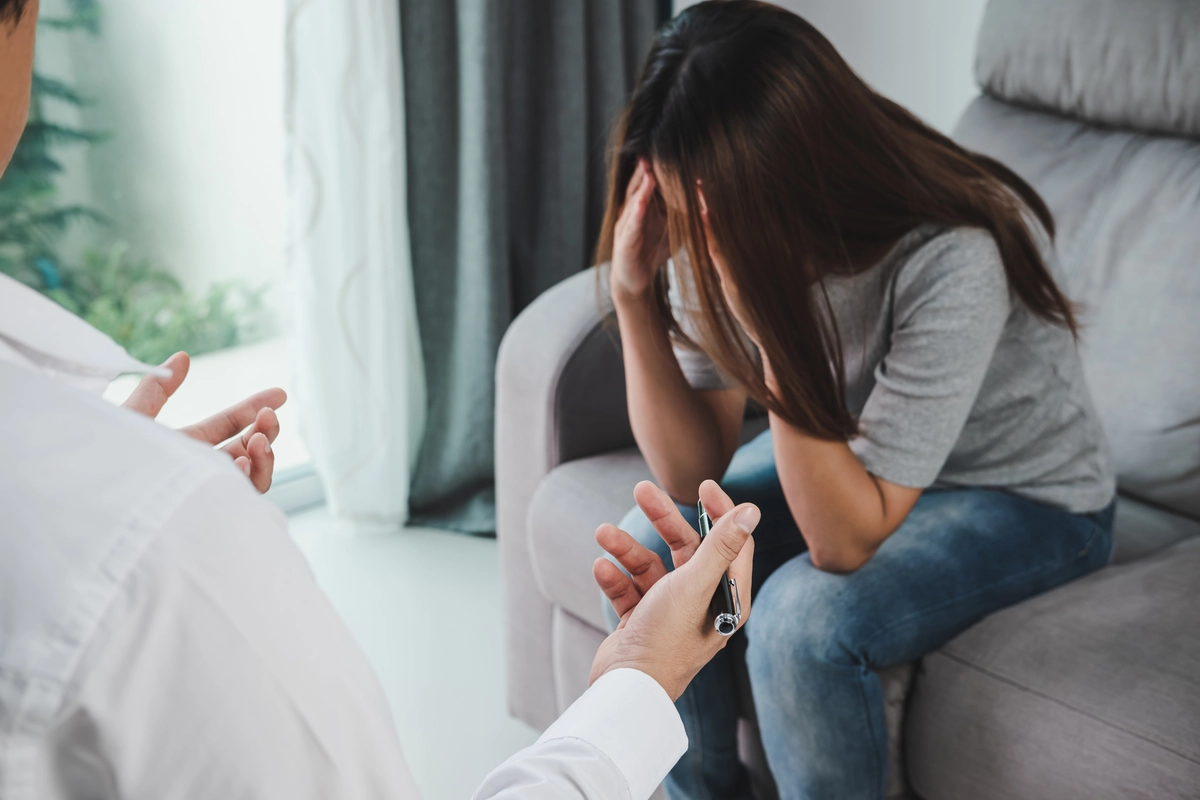24/7 Helpline:
(866) 899-111424/7 Helpline:
(866) 899-1114
Learn more about Bipolar Disorder Treatment centers in Creedmoor
Bipolar Disorder Treatment in Other Cities

Other Insurance Options

Cigna

Highmark

WellCare Health Plans

Group Health Incorporated

Carleon

MHNNet Behavioral Health
Beacon

Ceridian

CareSource

Premera

Oxford

Optum

Absolute Total Care

Amerigroup

Magellan Health

Ambetter

GEHA

Humana

UMR

Sutter

Life Changes
Life Changes offers a variety of programs including EAP Services, DWI Assessments & Treatment, and S...

Granville Counseling Center
Granville Counseling Center offers outpatient treatment for individuals with alcohol and/or substanc...



RJ Blackley – Alcohol and Drug Abuse Treatment Center
RJ Blackley - Alcohol and Drug Abuse Treatment Center is specifically designed to provide inpatient ...






















































































